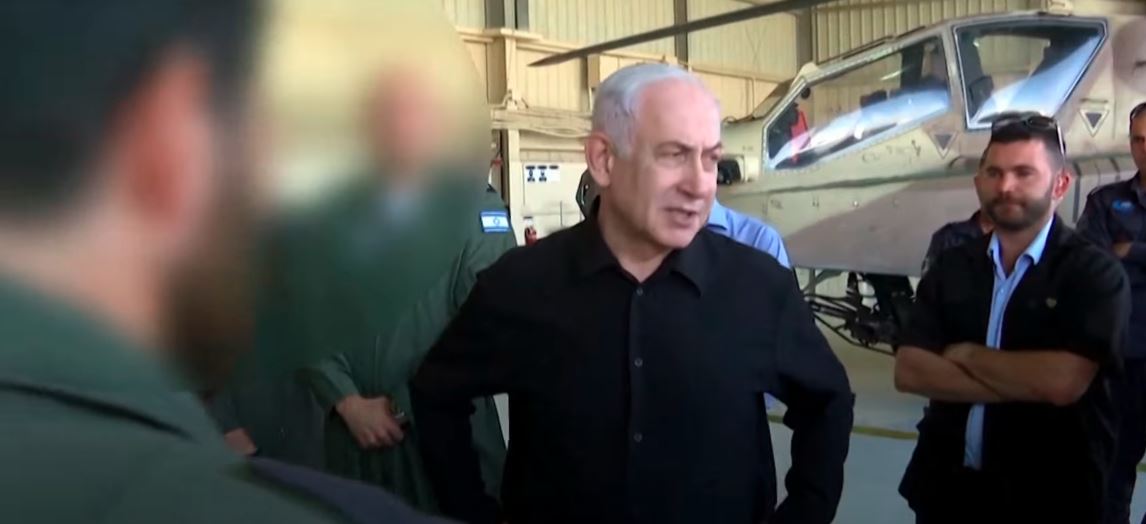Israeli Prime Minister Benjamin Netanyahu has taken a firm stance in the wake of the conflict with Hamas, declaring that no fuel will be supplied to Gaza and no ceasefire will be entertained until the hostages held by Hamas are released.
This condition was stated during a televised address, which marked one month since the outbreak of hostilities between Israel and the Islamist group Hamas.
The current conflict erupted on October 7, following a bold incursion by Hamas militants from the Gaza Strip into southern Israel, an event described as the most severe since Israel’s establishment in 1948. Israel alleges that the attackers, identified as members of Hamas, have killed approximately 1,400 people, primarily civilians, and taken over 240 individuals hostage.
In retaliation, Israel has initiated an intense military campaign against Hamas in the Gaza Strip, where approximately 2.4 million residents live. The health ministry in Gaza, governed by Hamas, reports that the Israeli offensive has resulted in the deaths of more than 10,300 individuals, again mostly civilians.
Netanyahu’s Firm Stand in the Middle East Conflict

The prolonged and escalating violence has prompted a surge in global pleas for a cessation of hostilities, with some advocating for a temporary halt to the fighting as the conflict extends into its second month. Nevertheless, Netanyahu’s terms are unequivocal, linking the provision of essential supplies and the possibility of a ceasefire to the safe return of the captured Israelis.
Netanyahu also addressed the Lebanese militant group Hezbollah, cautioning against any involvement in the conflict. He stated that any action by Hezbollah, which is known to be supported by Iran, to engage in the war would be a grave error.
The statement by Netanyahu highlights the complexities of the situation in the Middle East, where the humanitarian impact of the war continues to mount, and the geopolitical ramifications reverberate beyond the immediate region. The insistence on the release of hostages as a precondition for peace negotiations underscores the challenging road ahead for any diplomatic resolution to the crisis.


Comments are closed.